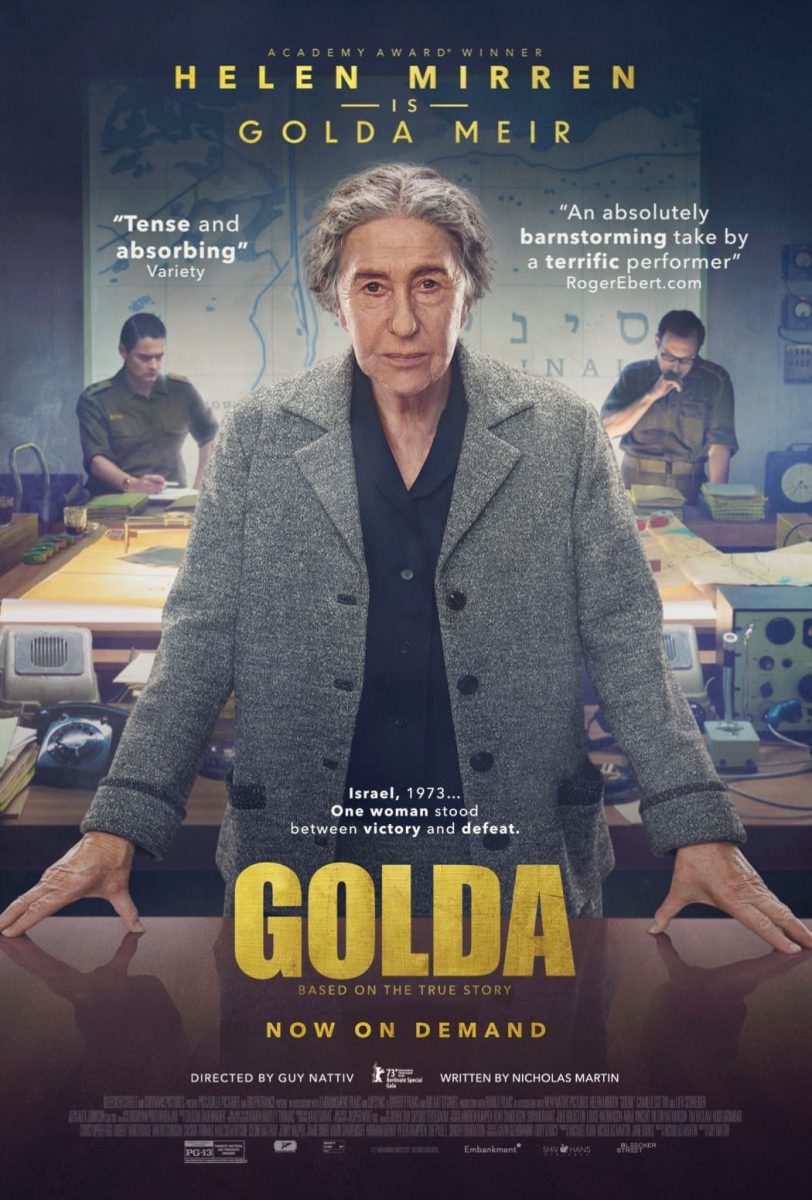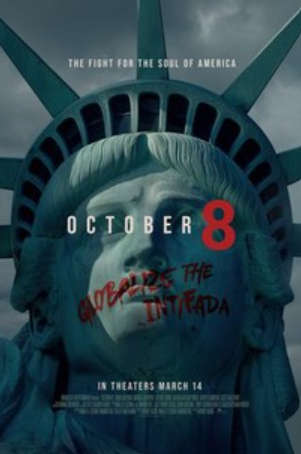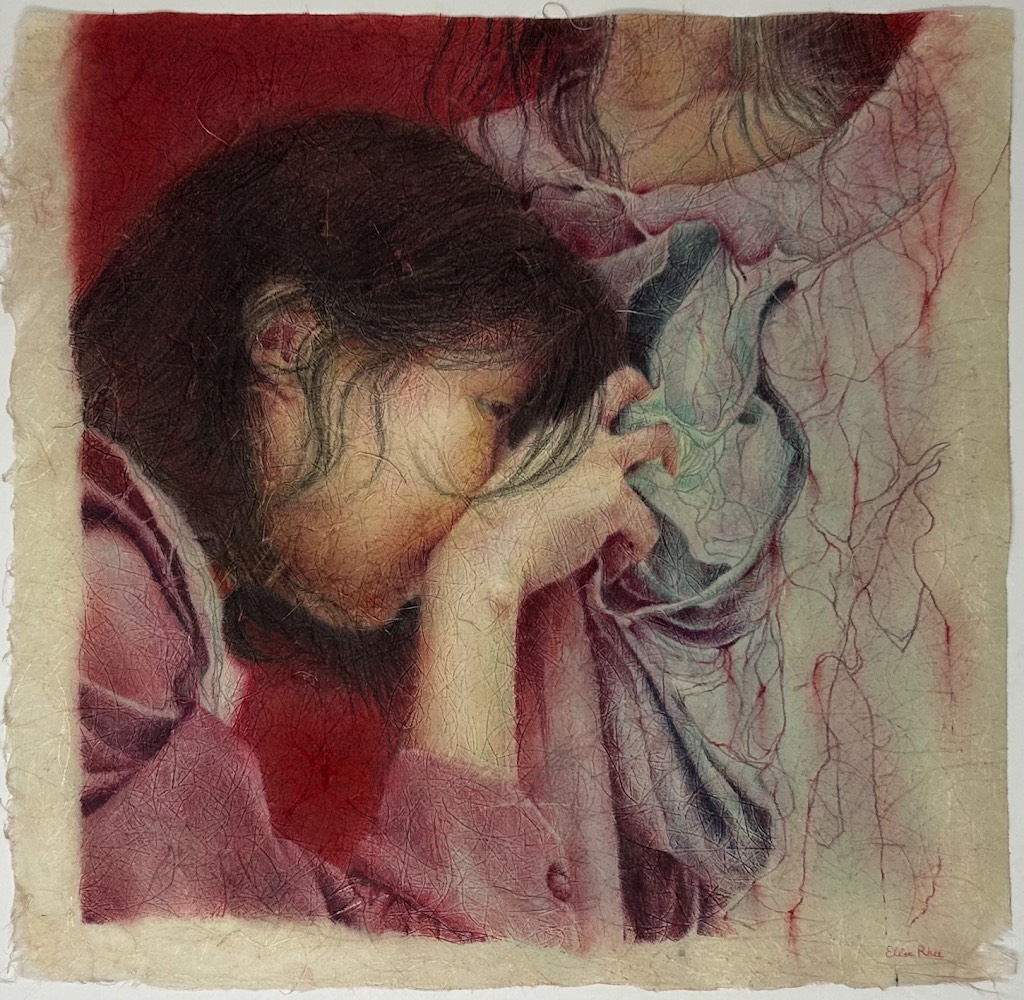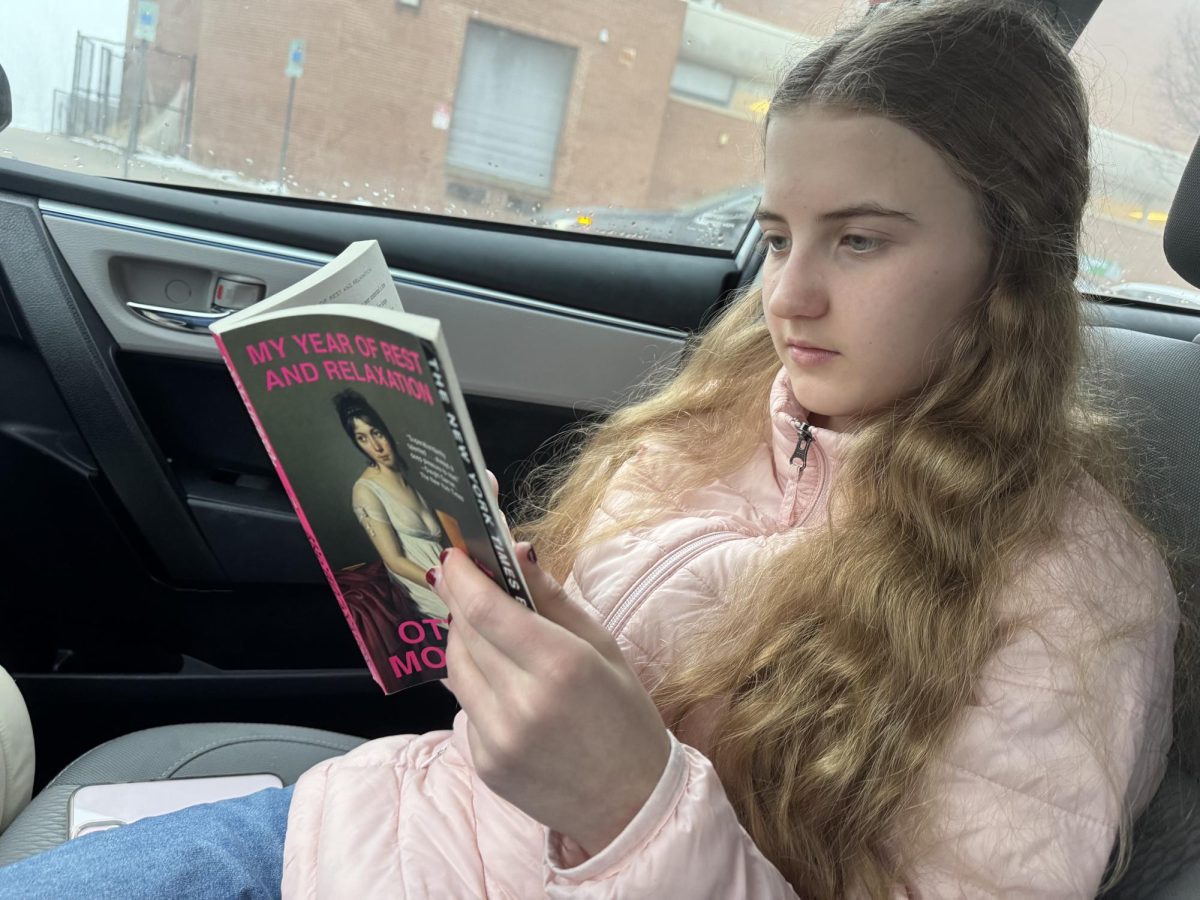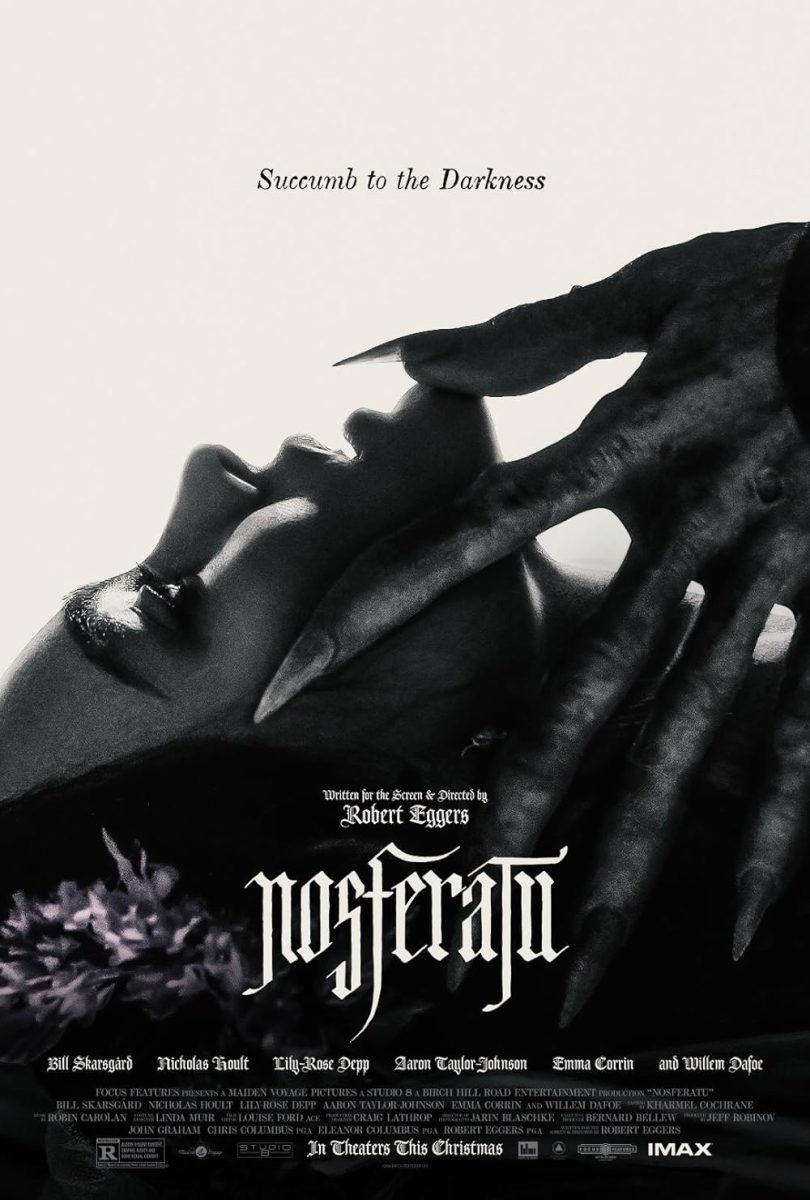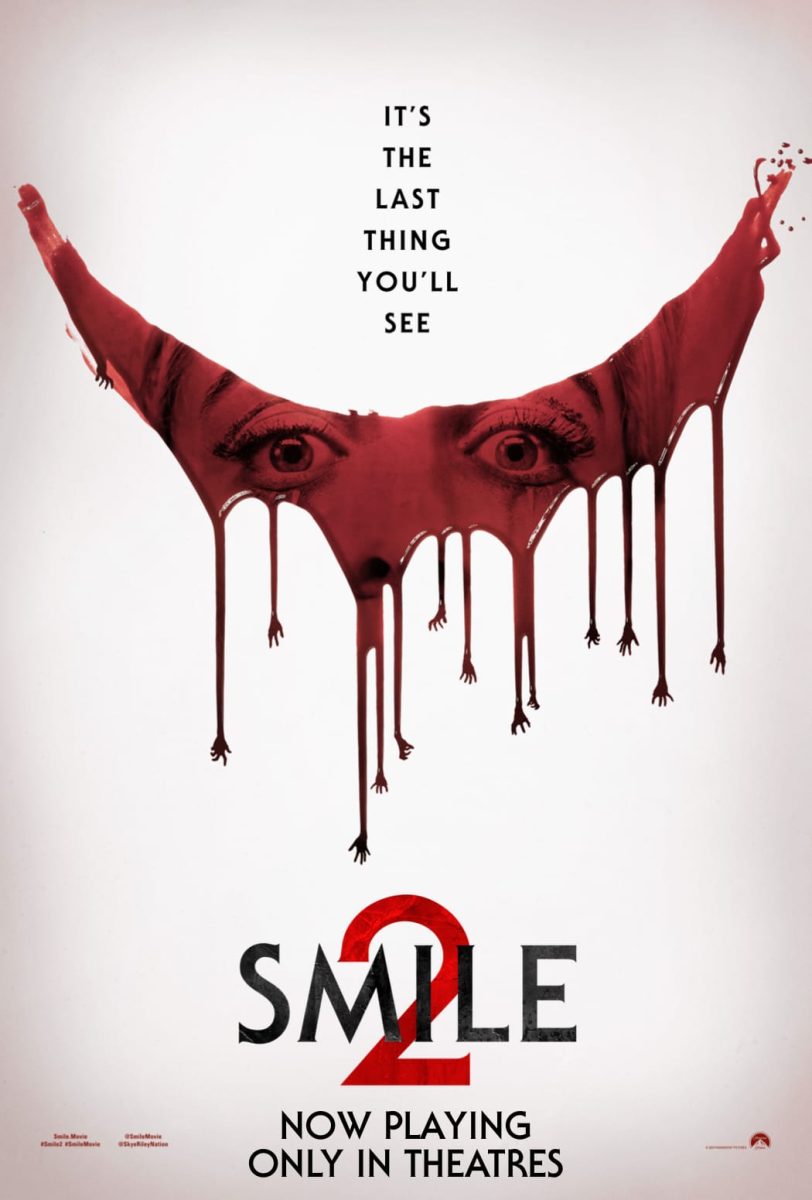“Golda has a saying,” former Press Secretary of Israel for Golda Meir during the 1973 Yom Kippur War, Moren Medzini, said. “One day, the archives will open, and people will know what happened.”
Golda Meir, one of the founders of the state of Israel, the fourth Israeli Prime Minister and the woman who led Israel through the terrible 1973 Yom Kippur War remained a controversial public figure for decades afterward. The Yom Kippur War was fought between the small newly-established Israel against a coalition of Arab states led by Syria and Egypt, who attacked Israel in an attempt to pay back for their brutal humiliation by Israel in the 1967 Six Day War.
Although Israel ultimately won, Meir was widely blamed for the country being caught in surprise during Yom Kippur, one of the most important Jewish holidays, and for the deaths of more than 2,500 soldiers. Professor Meron Medzini, Prime Minister Meir’s spokesman for that period, toured the United States as part of the release of the movie “Golda” in the summer of 2023 to rehabilitate her image.
“During the Yom Kippur War, she refused to give interviews,” Medzini said. “And so I was basically unemployed. And that did not make my job [as Press Secretary] very easy.”
Meir was a secretive person, for a good reason, as she held secret meetings with Arab leaders, including King Hussein of Jordan, to establish peace. Most of the confidential archives for that period have now come to light after 50 years, showing how Prime Minister Meir was not single-handedly at fault for the war. Although disgraced by the public eye, Meir’s consultants and personal staff knew the truth.
“I knew more of the secrets and I knew her efforts to prevent war and seek ties and relationships with Arab countries.” Medzini said. “Things she would never admit publicly, like when she said the Palestinian state was a possibility.”
Everyone who worked under Golda Meir felt privileged to work for such a groundbreaking international figure. Meir was a stubborn, strong character who liked those who challenged her and did not like “yes men.” Especially during the Yom Kippur War, she found secrecy very important and thought that the less information the media had, the better.
“When she disliked certain people, she made it known,” Medzini said. “She never shouted, she never swore. She would never say any swear words. Her major weapon when she didn’t like someone, she gave them a dirty look and that was enough to freeze people.”
Medzini worked for Golda Meir for a year as her spokesperson but moved to take calls for her from 1962 on. Being the Press Secretary was a very challenging job, especially during a time like the Yom Kippur War. Medzini had to maintain his reputation while treading lightly to not annoy her.
“When she took me in she said to me, ‘Don’t lie.’ It seems like it’s obvious but it’s not,” Medzini said. “You can say ‘I don’t know’, ‘I’ll find out’, ‘no comment’, but never lie.”
Medzini has remained loyal to Golda Meir’s image today. He consulted on the creation of the “Golda” film, where, because new documents are now out, the world can see the true story behind Golda Meir. It is now clear that she was not primarily responsible for the errors that led to the 1973 war, and that many of her military and security advisors withheld key information and provided faulty advice. “Golda,” a movie that stars Helen Mirren as Golda Meir in heavy prosthetics and makeup, shows the reality behind one of history’s most famous figures.
“Helen Mirren was the best choice they could have found in terms of style, manner, slouch, cigarettes; excellent,” Medzini said. “We heard from the director later that it took three hours to put the makeup on every morning.”
“Golda” has been available in theaters since August 25th, 2023, led by director Guy Nattiv. It portrays a difficult and deadly situation where the casualties were mounting higher and higher, mirrored and contrasted by the image of Golda Meir, chain-smoking and fighting her war against cancer.
“There are no secrets anymore. This movie has done a great deal to rehabilitate Golda’s image in Israel,” Medzini said. “For many young Israelis, Golda is known as Golda Ice-Cream or Golda Meir Avenue. Now people have a picture, a deeper broader understanding.”
The war ended with a ceasefire and with Egypt recognizing the State of Israel for the first time. This laid the foundation of the 1979 Camp David Peace Accords and the Peace Treaty between Egypt and Israel, who today are close partners and not enemies. This achievement would not have been possible without the hard work of Golda Meir and her office.
“She helped me become far more aware of the problems facing Israel; of the role that our generation plays and above all, of the enormous weight, and of the responsibility the office of the Prime Minister holds,” Medzini said. “I learned from her this: we built this country, we created this country, and we have to ensure the survival of this country.”
Meir was one of the two female signatories of Israel’s Declaration of Independence in 1948. After the creation of the State of Israel, she had a large role in shaping the domestic and foreign policy of the new country. She was elected to the Knesset (Israeli Parliament) and became the Minister of Labor, then of Foreign Affairs in 1956, and finally the Prime Minister in 1969.
“I hope that people will come to see this film so they can be impressed with this amazing woman who took Israel through very difficult moments and made the right decisions,” Medzini said. “So they can understand the deep political and social implications that her actions had.”
The Golda movie caters to a variety of audiences as WCHS students interested in history, war movies, and understanding more about Israeli history, as well as watching high-stakes, intense and dramatic films, will enjoy this movie.
“For those who know Israeli history there are a lot of small jokes,” WCHS junior Erez Engler said. “The movie does a good job of showing emotion and feeling. This movie brings to life an important story that impacted thousands of people and is a major part of world history.”


